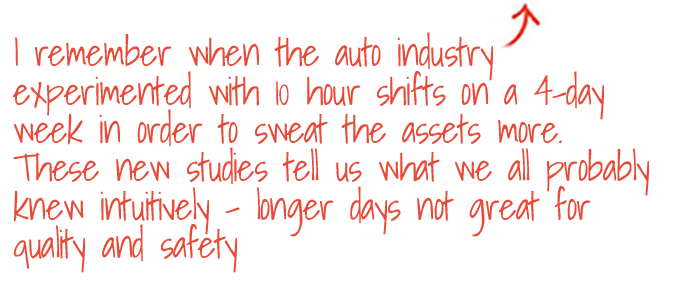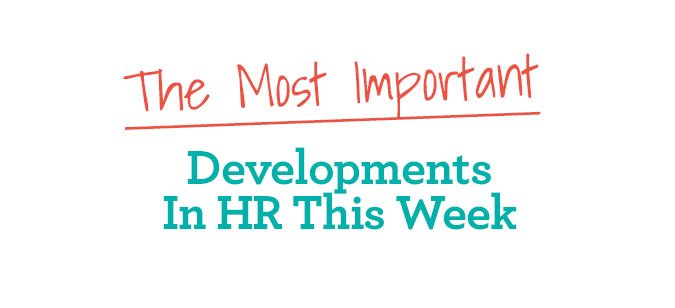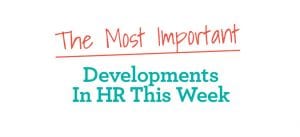THE MOST IMPORTANT DEVELOPMENTS IN HR FOR THE WEEK OF September 25th

World-Class HR Departments Do More But Spend Less, Thanks To Technology
New research shows HR organizations in the top quartile globally in terms o effectiveness and efficiency are spending 25 percent less than average HR organizations and functioning with 30 percent fewer staffers. Compared to others, they’re spending more of their budgets on cloud-based technology and selective outsourcing, turning transactional or clerical tasks over to automation and optimizing the people side of the profession for strategy. HR Drive


A Former Surgeon General Says Loneliness Is Making People Worse At Their Jobs
Vivek Murthy sees loneliness as a global epidemic with effects similar to untreated depression and chronic stress. He recommends CEOs take action to create tight-knit offices, citing research showing people with stronger social connections at work display greater productivity, higher-quality work and improved health. Business Insider


40 To 60 Percent Of Workers In Declining Jobs
Research shows only 10 percent of workers worldwide are in growing occupations. Forty to sixty are in declining jobs, and though employers are tasked with proactively redesigning such jobs, just 27 percent are capable of re-skilling such workers. In the future, effective use of technology combined with human skills is expected to drive productivity. BenefitsPro


Future Of Class Action Waiver: The Supreme Court Hears Oral Argument
A ruling is expected by next summer on whether workers may bring class-action claims against employers in court or before private arbitrators. Some 25 million workers in the U.S. are already bound by employer arbitration agreements in which they’ve waived such rights. The three consolidated cases involved are called “likely the most important employment cases to be decided in the coming year.” National Law Review


Forget The 9 To 5 – Reserch Suggests There’s A Case For The 3-Hour Workday
Recent UK studies indicate the brain can’t focus on tasks for more than a few hours at a time, especially toward the end of the workday. As a result, the average employee reportedly works two hours and 53 minutes per workday and spends the remainder eating, socializing, surfing the web, etc. Those pushed past their “productive limits” may form bad habits that bleed into more productive hours, so companies such as Amazon are experimenting with shorter work weeks (often with full benefits but lesser pay). Business Insider











